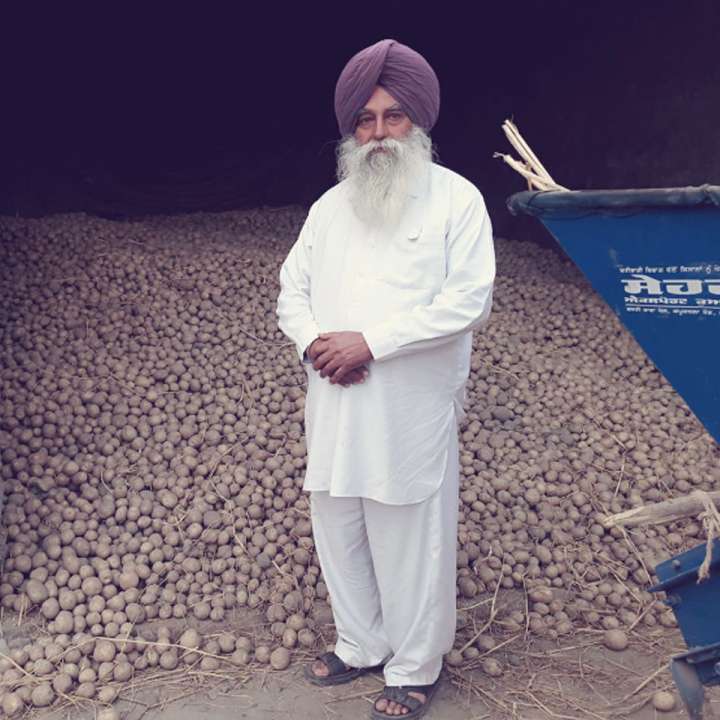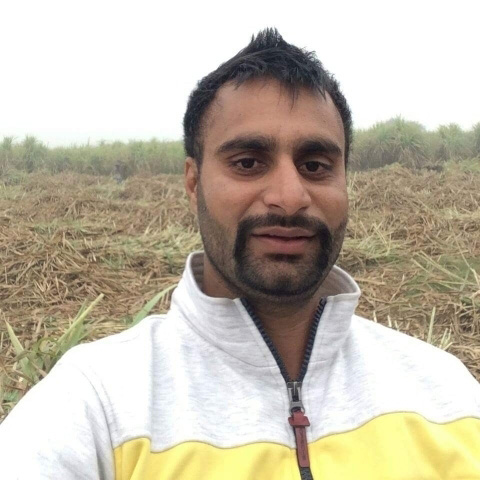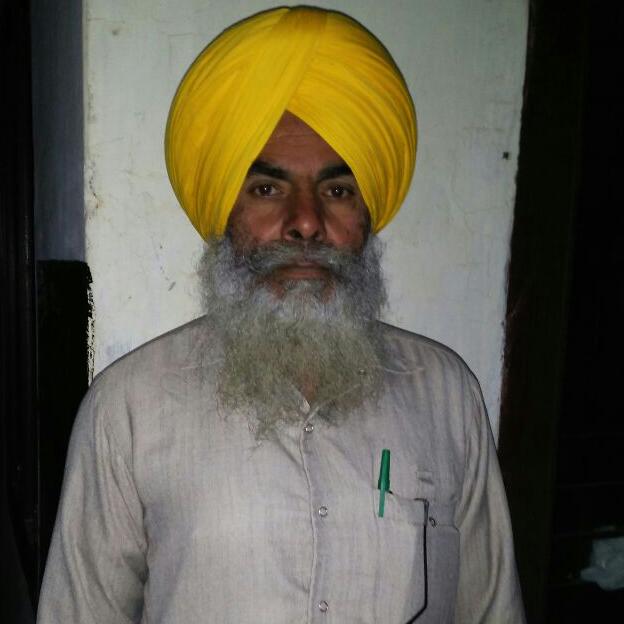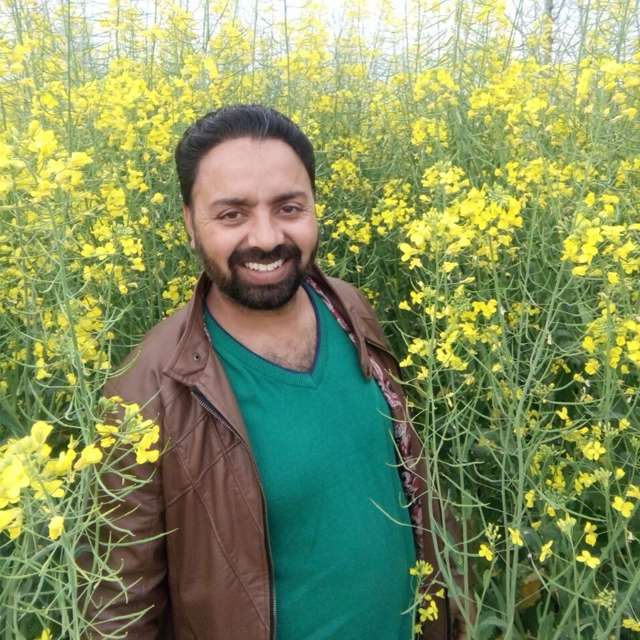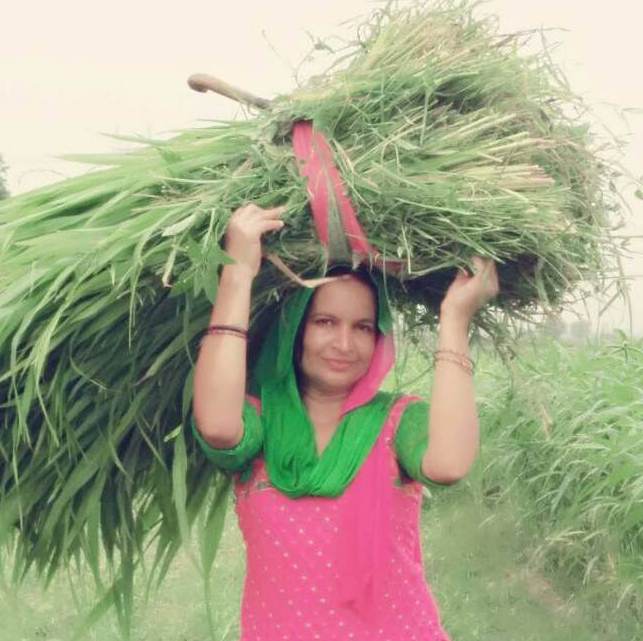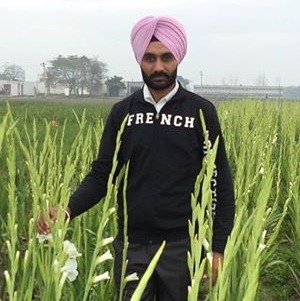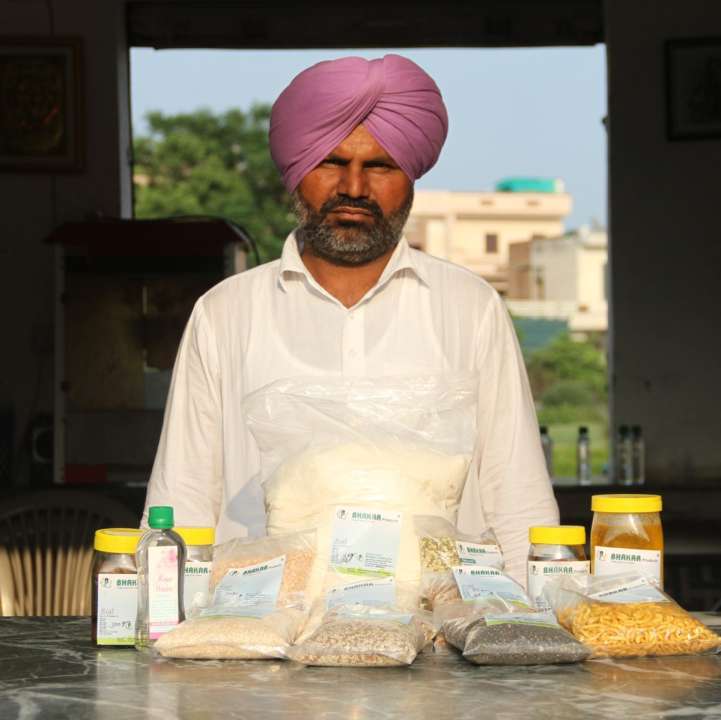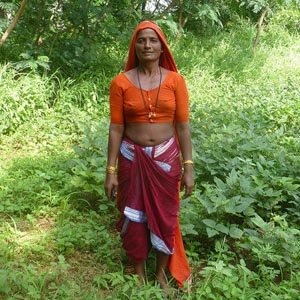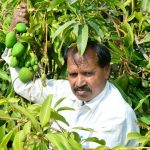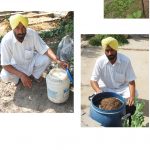Potato and Mentha Cultivation Is What Helping This Farmer Thrive In Agriculture Field with Success
Inder Singh, 67, hailing from Jalandhar city of Punjab, is a farmer who has kick-started his agriculture business by adopting Potato and Mentha cultivation.
In a tender age of 19, Inder Singh stepped in the soil and since then he has been following agriculture passionately. After dropping his study after 8th, he decided to grow potatoes, wheat, and paddy. But after putting continuous efforts for years in wheat and paddy, it doesn’t provide much profit and financial conditions were still hand to mouth. So, with the time to increase the profit inflow, he moved towards lucrative crops rather than sticking to the conventional crops. On the recommendation of an American Company – Indomit, he started growing Mentha for oil extraction alongside potato cultivation.
“In 1980, few of the workers of Indomit Company (American) visited our village and advised me to grow Mentha for oil extraction purpose.”
In 1986, when the head of Indomit Company visited India, he was very happy by seeing the mentha production by Inder Singh. Inder Singh grabbed the second position in mentha oil extraction of about 71 Lt from the harvest of one acre and was honoured certificate and a cash prize. Appreciation boosted Mr. Inder Singh’s effort and he expanded mentha cultivation into 13 acres.
Along with mentha, he was still cultivating potatoes. On the recommendation of two wise persons – Dr. Paramjeet Singh and Dr. Minhas, he started preparing potato seeds with different ways. Seeds prepared by him were so good in quality that now it is sold across Gujarat, Bengal, Indore and many other cities of India.
“Dr. Paramjeet Singh suggested me to prepare the potato seed when it is completely ripe and mature, and this technique helped me a lot.”
Currently, Inder Singh is cultivating Mentha (Peppermint & Kosi Variety), Potatoes (Govt. Variety: Jyoti, Pukhraj; Private Variety: 1533), Maize, Watermelon, and Paddy. The profit he earned in his successive years was invested in machinery and best agriculture practices. Today, Inder Singh has all the modern agriculture equipment at his farm and for this, he gives all the credit to adopting mentha and potato cultivation.
Inder Singh is getting nice price for all his harvest as there is no problem in marketing because watermelon is sold from the farm, mentha is used for oil extraction which gives him an average return of 500/Lt, his prepared potatoes seeds are sold across many different cities in India.
For his tremendous efforts in the field of agriculture, he has been honoured by Punjab Agriculture University on 1st February 2018.
Future
In future, Inder Singh is planning to open his own potato chips processing plant.
“Agriculture is becoming expensive day by day because of the increased rates of fertilizer, pesticides, and other agri-inputs, so farmer should focus on sustainable agricultural practices and methods to take out the best harvest.”


